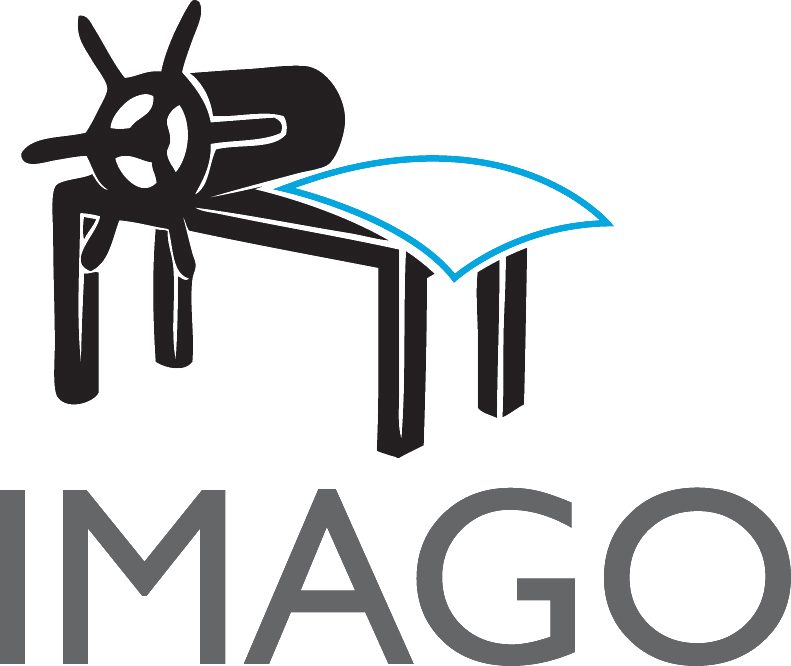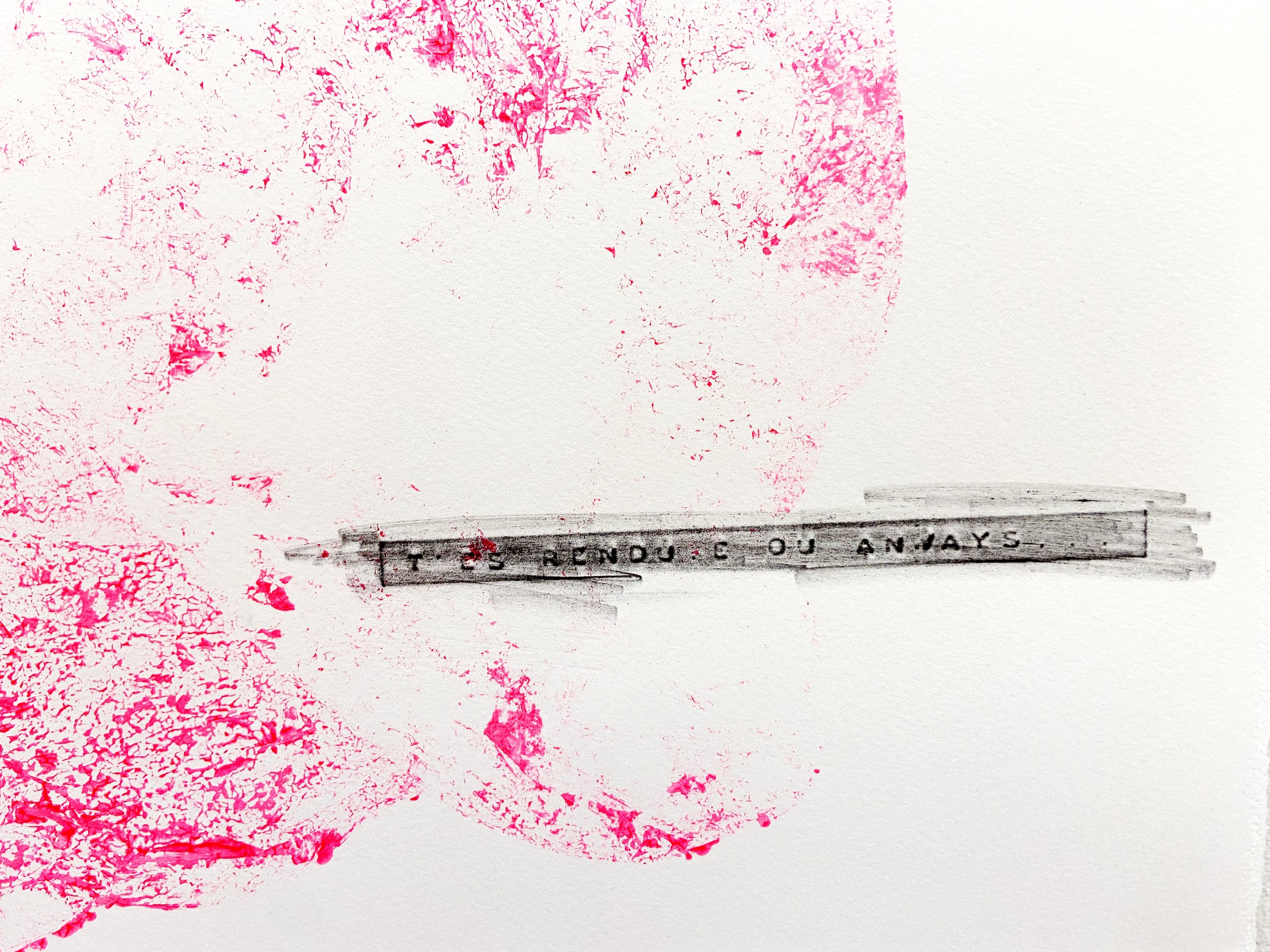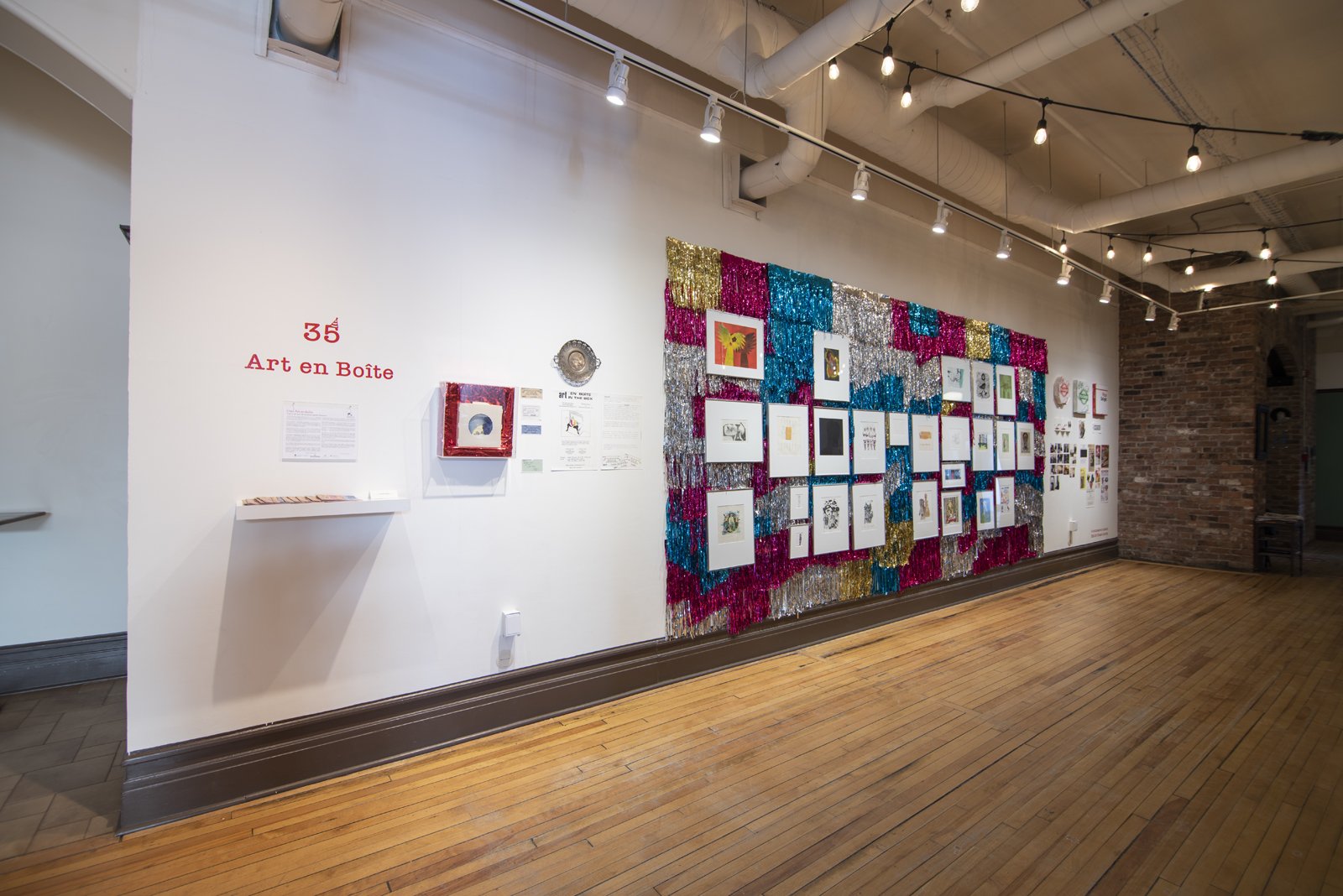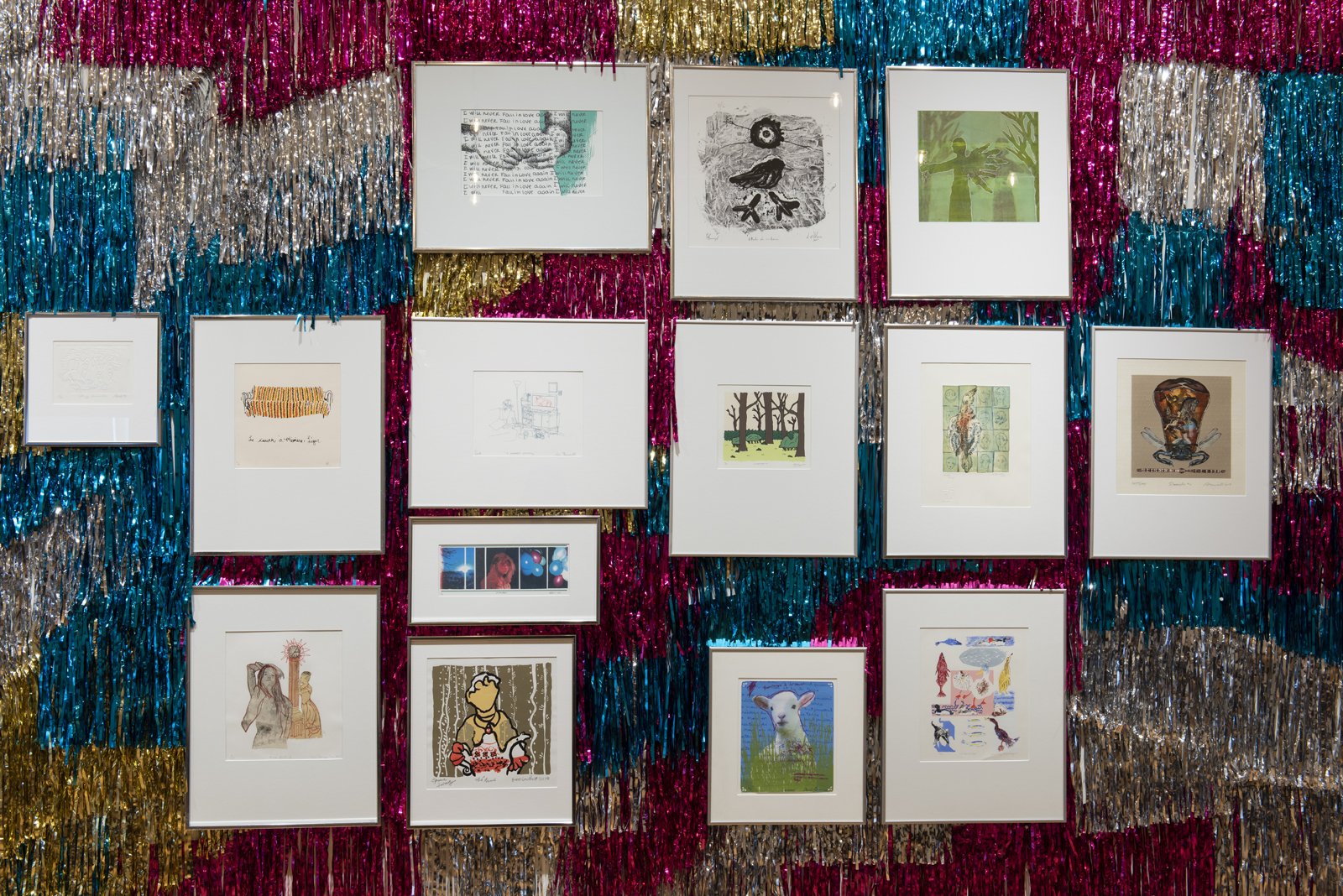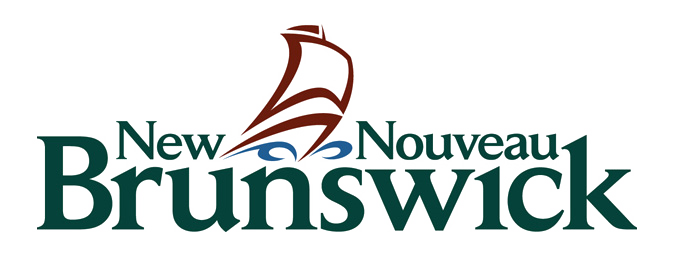(English follows)
𝐄́𝐩𝐢𝐬𝐭𝐨𝐥𝐚 (É𝐩𝐢̂𝐭𝐫𝐞 𝐞𝐧 𝐟𝐫𝐚𝐧𝐜̧𝐚𝐢𝐬) :
𝐿𝑒 𝑡𝑒𝑟𝑚𝑒 𝑒́𝑝𝑖̂𝑡𝑟𝑒 𝑒𝑠𝑡 𝑢𝑛 𝑚𝑜𝑡 𝑎𝑟𝑐ℎ𝑎𝑖̈𝑞𝑢𝑒, 𝑖𝑠𝑠𝑢 𝑑𝑢 𝑙𝑎𝑡𝑖𝑛 𝑒𝑝𝑖𝑠𝑡𝑜𝑙𝑎, 𝑑𝑢 𝑔𝑟𝑒𝑐 επιστολη (𝑒𝑝𝑖𝑠𝑡𝑜𝑙𝑒̄), 𝑞𝑢𝑖 𝑑𝑒́𝑠𝑖𝑔𝑛𝑒 𝑢𝑛𝑒 𝑙𝑒𝑡𝑡𝑟𝑒 (𝑎𝑢 𝑠𝑒𝑛𝑠 𝑑𝑒 𝑐𝑜𝑟𝑟𝑒𝑠𝑝𝑜𝑛𝑑𝑎𝑛𝑐𝑒).
Présenté du 22 avril au 27 mai 2022
Vernissage le 30 avril de 17h30 à 19h30
L’écrivain·e envoie une enveloppe par la poste à l’artiste. Celle-ci peut contenir un mot, un poème, une phrase, une photo, un objet, etc. L’artiste répond également par la poste avec une image, un objet, une lettre: la correspondance dure trois mois. Les correspondances servent de point de départ pour la création de l’exposition. Cette année, l’écrivain·e Mo Bolduc était jumelé·e avec l’artiste Annie France Noël. Épistola est présenté dans le cadre du Festival FRYE.
ailleurs n’existe pas
Une faille, une crevasse, une blessure. Iels s’écrient par dessus-dessous les limbes, entre deux espaces physiques et psychiques. Un déménagement, du calfeutrage. Iels essaient de rapprocher leurs marges, les recoller, les réparer. Une conversation fragmentée, dans le temps et par le territoire qui s’étend entre Tiohti:áke et Mi’kma’ki, entre mots et visions, entre Mo Bolduc et Annie France Noël. Des questions lancées, des lamentations, des phrases en suspens. Avec ces bribes, ailleurs n’existe pas illustre un processus de cicatrisation,
Mo Bolduc est un·e artiste queer pluridisciplinaire originaire du Nouveau-Brunswick et habite maintenant Montréal. Ayant reçu une formation en théâtre avant de se prêter à l’écriture, l’artiste bâtit sa vie autour de la création sous toutes ses formes. Son second recueil de poésie, Matin Onguent, qui approfondit sa recherche des relations amoureuses et des limites du langage à travers une quête identitaire, est paru aux Éditions Perce-Neige en octobre 2021.
Annie France Noël est une artiste et travailleuse culturelle queer et acadienne. Sa pratique cherche à mettre en lumière l’intime et le vulnérable de l’expérience humaine par des approches photographiques et interdisciplinaires variées. Inspirée de ses propres vécus, les travaux récents d’Annie France cherchent à déconstruire les émotions difficiles, cachées et ambivalentes qui entourent la parentalité par l’autoportrait, la mise en scène et le traitement de données.
Monotype, Annie France Noël, 2022
Presented from April 22 to May 27 2022
Opening reception Saturday April 30th from 5:30 to 7:30pm
The writer sends an envelope by mail to the printmaker. The envelope can contain a word, a sentence, a poem, an object, anything. They begin a three-month correspondence. The artist can reciprocate with an image, an object, a letter and so on. The contents of the envelopes are the starting points to the printmakers work. This edition will paired the author Mo Bolduc with artist Annie France Noël. Épistola is presented as part of the FRYE Festival.
elsewhere does not exist
A break, a crevice, a wound. They write from under-over a limbo, between two physical and psychic spaces. A move, caulking. They try to bring their margins together, to glue them back together, to repair them. A fragmented conversation, in time and through the territory that stretches between Tiohti:áke and Mi’kma’ki, between words and visions, between Mo Bolduc and Annie France Noël. Questions thrown, laments, sentences in suspense. With these fragments, elsewhere does not exist illustrates a process of scarring.
Mo Bolduc is a multidisciplinary queer artist from New Brunswick and currently lives in Montreal. Having studied theater before taking up writing, the artist builds their life around creation in all of its forms. Mo’s second collection of poetry, Matin Onguent, which deepens their research into romantic relationships and the limits of language through a quest for identity, was published by Éditions Perce-Neige in October 2021.
Annie France Noël is a queer Acadian visual artist and cultural worker. Her practice observes intimate and vulnerable aspects of the human experience through various photographic and interdisciplinary approaches. Guided by their own lived experiences, recent work by Annie France deconstructs the difficult, hidden and ambivalent emotions of parenthood through self-portraiture, staging, and data processing.
